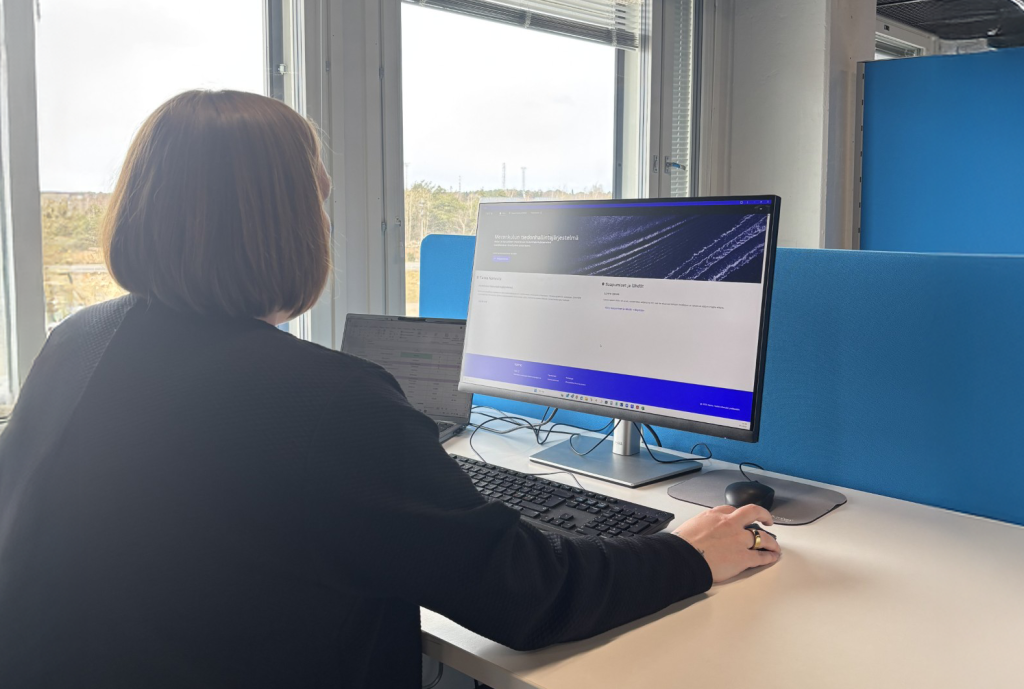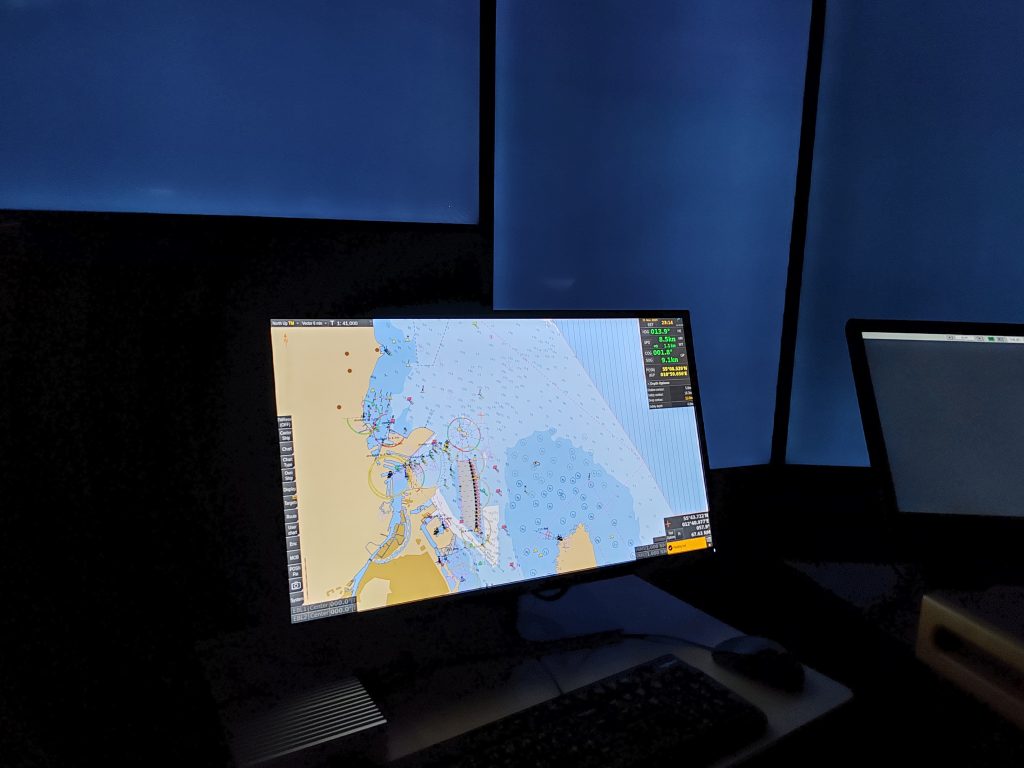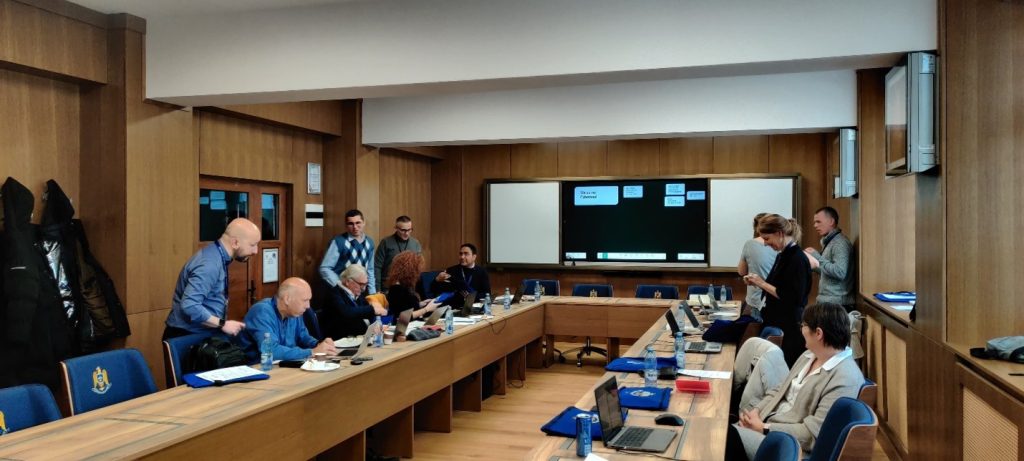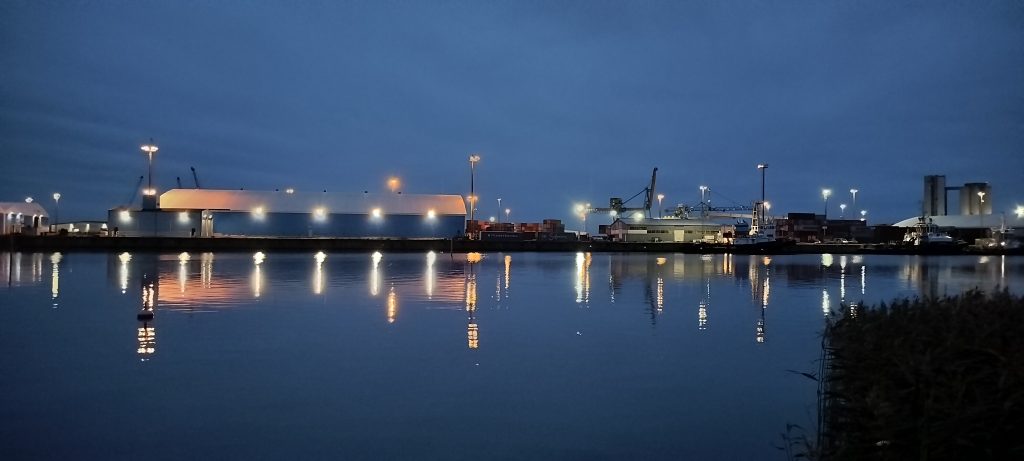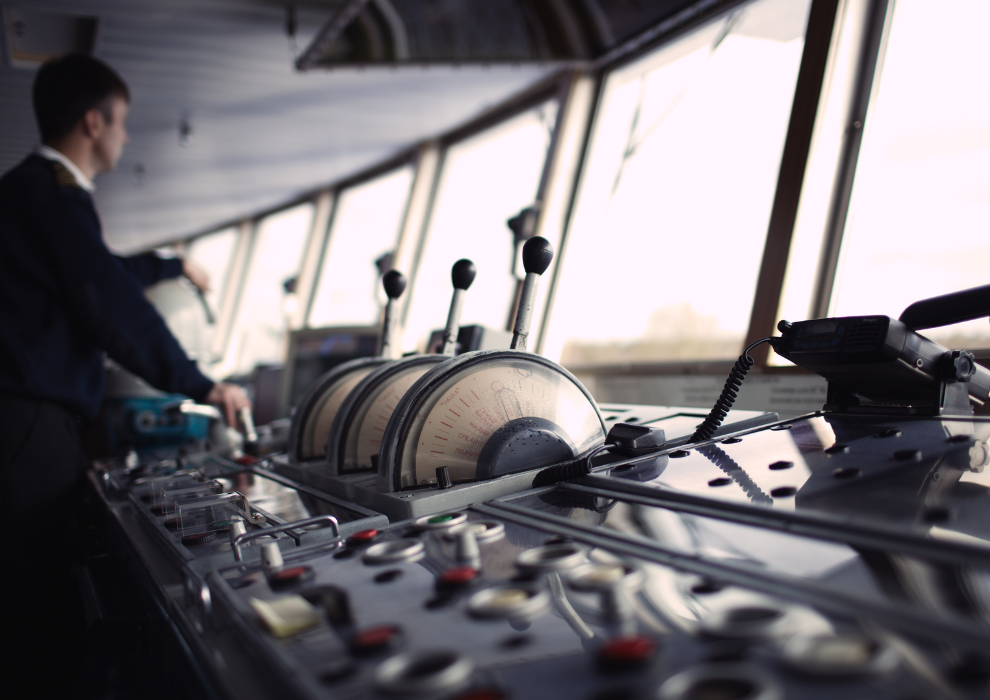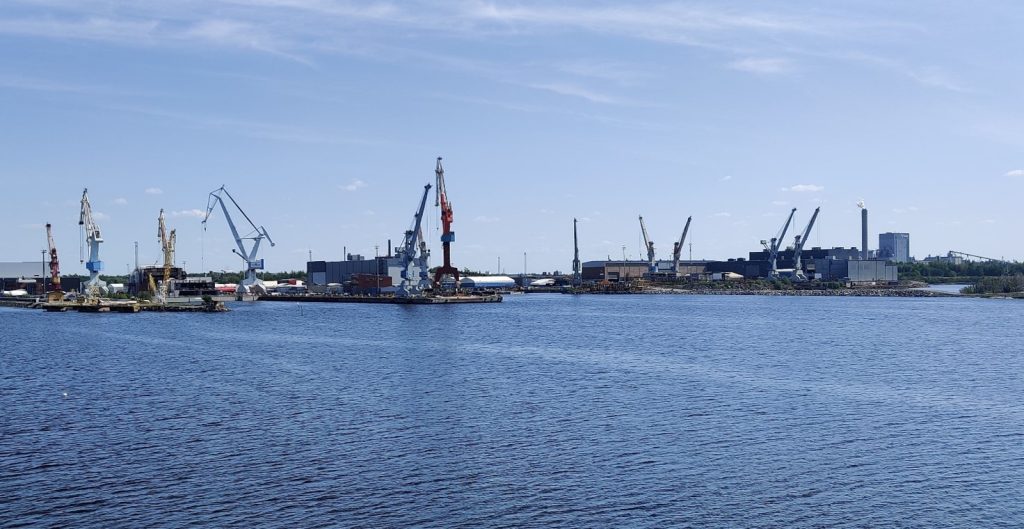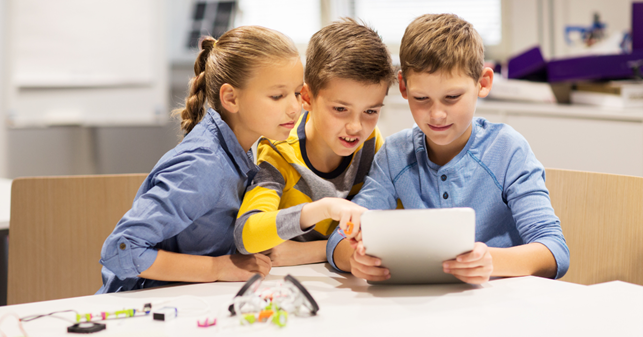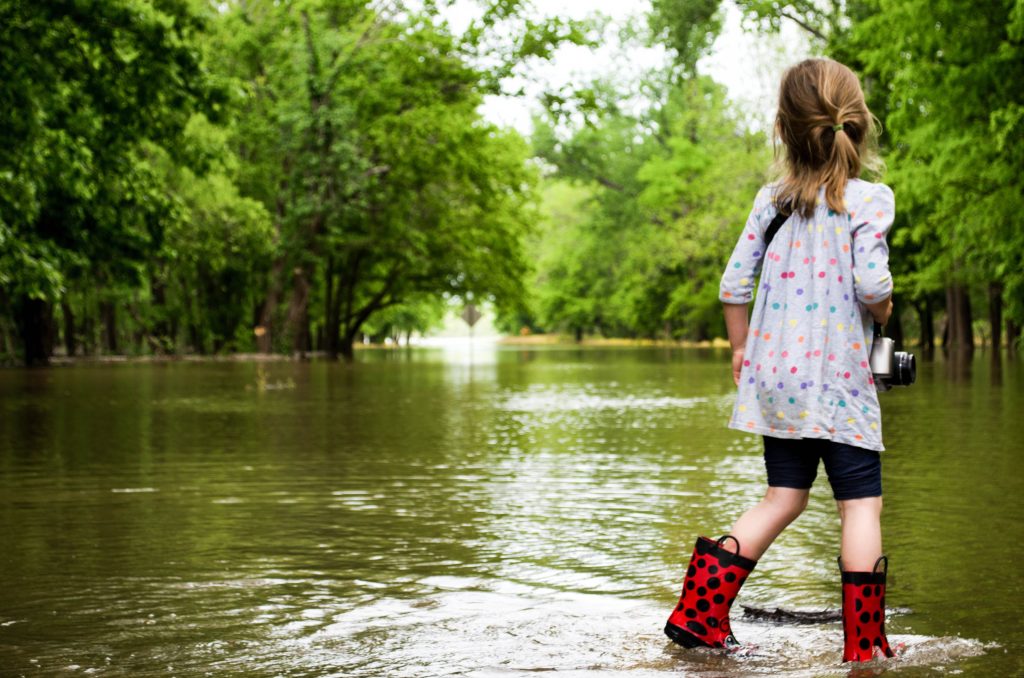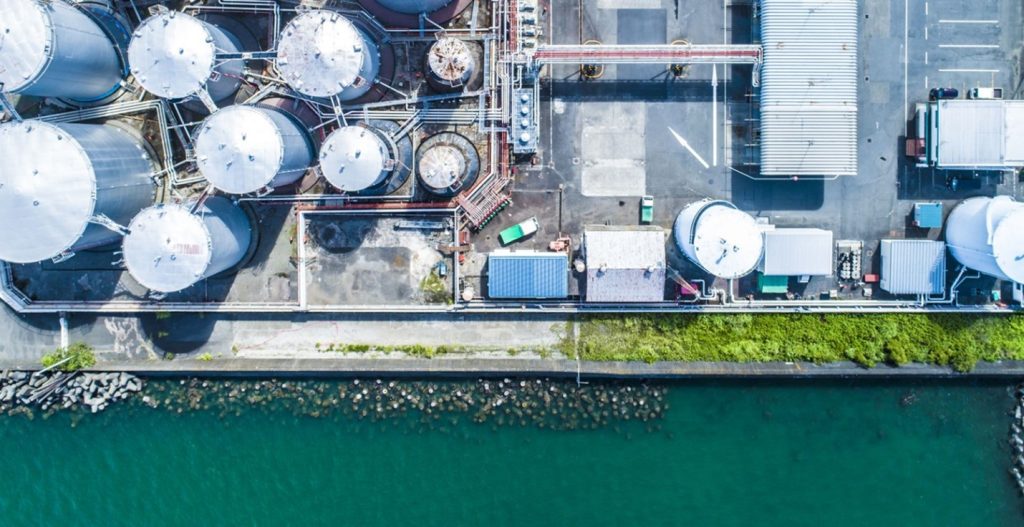We research: A smooth transition from secondary vocational education to higher education in the food sector
One of the objectives of the Fast and flexible training paths in the food sector -project is to smoothen the transition of students from secondary vocational education to university of applied sciences (UAS).


